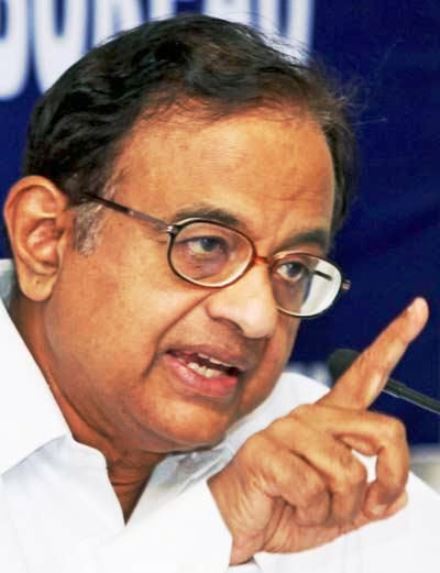Ravi Shanker Kapoor is a journalist and author. He upholds freedom of expression, individual liberty, free market, and open society. He is an uncompromising opponent of Islamism, communism, and other totalitarian ideologies. He is also a critic of intellectuals, as evident from his third book, How India’s Intellectuals Spread Lies (Vision Books).

